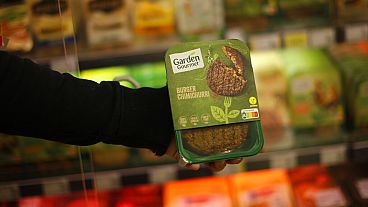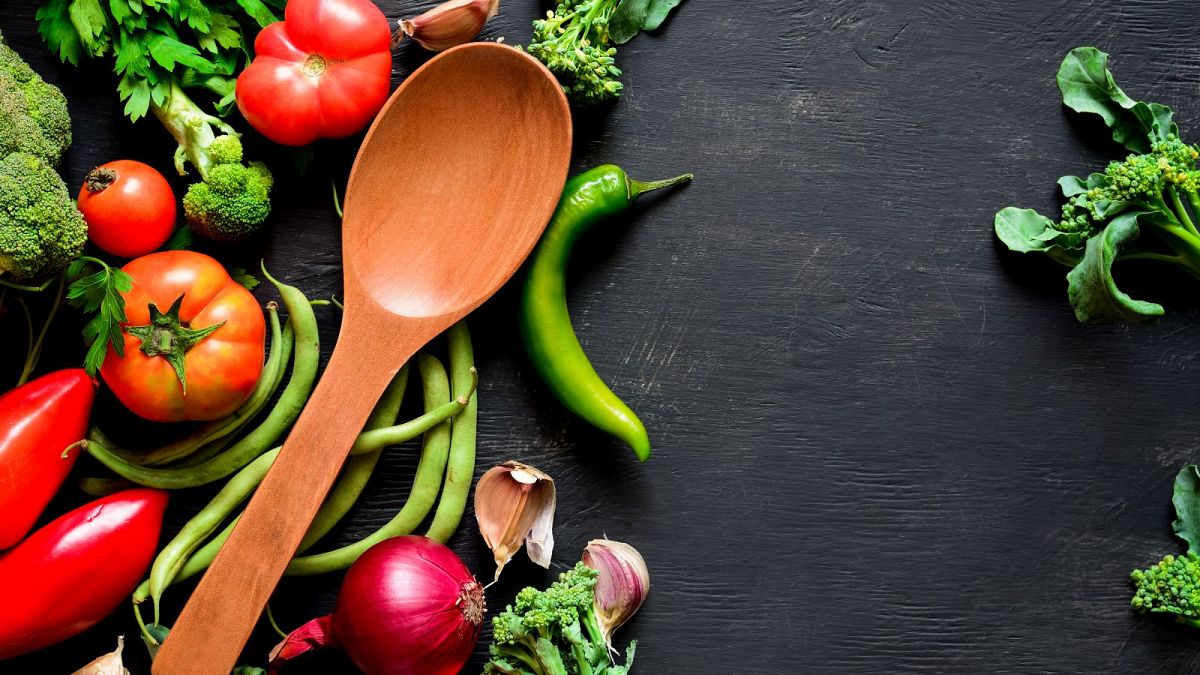Seasonal eating is consuming food that is in harvest or in peak supply.
At the height of summer in Sicily, Italy, Anna Fiannaca prefers vegetables grown at home rather than food from the supermarket.
“It was just the way of life in Sicily, taking whatever the seasons will give you,” said Fiannaca, an 89-year-old who lives near Agrigento.
Nutrition experts agree that buying local in-season produce can help create better eating habits.
'Pathway to broader diet'
“Seasonal eating is kind of a pathway to build a broader diet variety,” according to Sharon Gray, a registered dietician who supervises the University of Connecticut’s community nutrition programme.
Good nutrition includes consuming a large variety of fruits and vegetables, and eating in-season produce actually tastes better.
“A lot of adults don’t like a lot of fruits and vegetables, so if you can get them to like something, then they build it into their diet," Gray said.
"That is moving people away from processed food to preparing more food at home".
Eating seasonally often means eating locally, said Julia Zumpano, a registered dietician at the Cleveland Clinic.
There are both environmental benefits and more nutrients when people consume local produce.
“You’re going to maximise your vitamins and minerals in there, the polyphenols and antioxidants that are the foundations of how we decrease the risk of disease,” Zumpano said.
'Open yourself up'
Sean Heffron, a cardiologist at the Centre for the Prevention of Cardiovascular Disease at NYU Langone Heart in the US, counsels patients to look beyond vegetables that are available year-round.
“Open yourself up to, ‘Oh, now I see a lot of asparagus or peaches or artichokes,’” Heffron said.
"It will expose you to more, and make you willing to try and eat more fruits and vegetables in general".
Experts caution that eating seasonally isn’t a cure-all, and some studies have found people in colder climates suffer from nutritional deficiency in the winter.
That means you should still continue to buy leafy greens and other vegetables all year.
"We need seven to nine servings of fruits and vegetables every day,” Zumpano said.
"Ninety per cent of us don’t eat enough of them".















